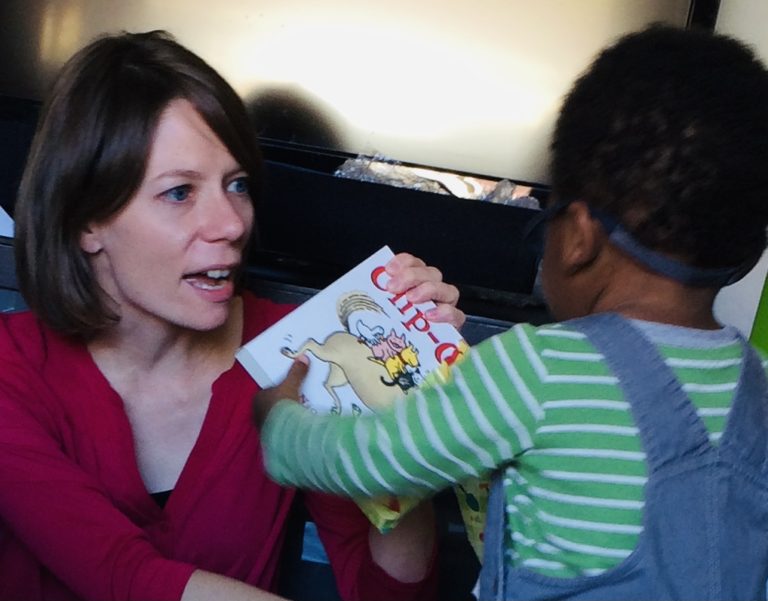
I started my journey as a speech-language pathologist my senior year of high school. Like many high school students, I had no idea what career path to choose after graduation. Knowing that I liked to help others, my father suggested that I look into speech therapy. Little did I know that this subtle nudge, which helped me make a decision, would define my life story.
Six years later, I graduated with a masters in communicative disorders. With my degree in hand and eager to test out my newly acquired skills, I accepted a job as a pediatric speech-language pathologist who provided in-home services.
With a bag full of toys and activities, I was greeted with a smile from every child that I visited. Through this job, I learned how play and language development went hand-in-hand.
A few years later, I transitioned to being an itinerant speech clinician for a local school district. Traveling from site to site, again with a bag in tote, I started working predominantly with children ages 3-5.
In addition to my little ones, I worked with a handful of older kids in grades K-5. As with my previous job, I kept play an integral part of therapy.
My career as a speech-language pathologist was meaningful and fulfilling, but it increasingly became a challenge to find a good work-life balance. With high caseload numbers and having to be skilled in a variety of disabilities and ages, I started to burnout.
Knowing that I didn’t want to leave my profession, I looked for ways to simplify my job. To alleviate some of the stress I was feeling. I started putting systems into place to make paperwork easier and less time consuming to complete. I also started making lesson plans that could be easily differentiated for most of the students on my caseload. I minimized my therapy materials, so I was only using a few different things each week, all fitting in the bag that I carried with me to each site.
These small changes made a huge impact on my life. I no longer felt the wave of anxiety that I was experiencing every day. I wasn’t worried about paperwork or wondering what I was going to do for therapy that day. I was more organized and prepared for my students, and I renewed the love I originally had for my job.
As an unexpected bonus, I was able to find time to start my business. I now help other speech-language pathologists organize and plan therapy, so they can avoid overwhelm and burnout. I’m grateful for the opportunity to provide content and resources to a group of amazing clinicians.

This is a great question. I suggest building a strong foundation for the school year by getting organized- making a schedule, creating a lesson plan, etc. Get a step-by-step guide for getting started as a traveling speech therapist. Save time by following my tips and using my FREE templates.